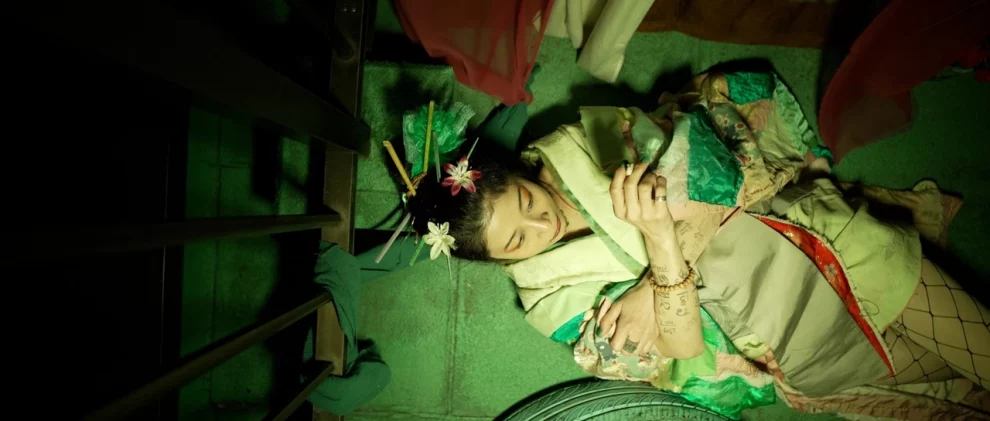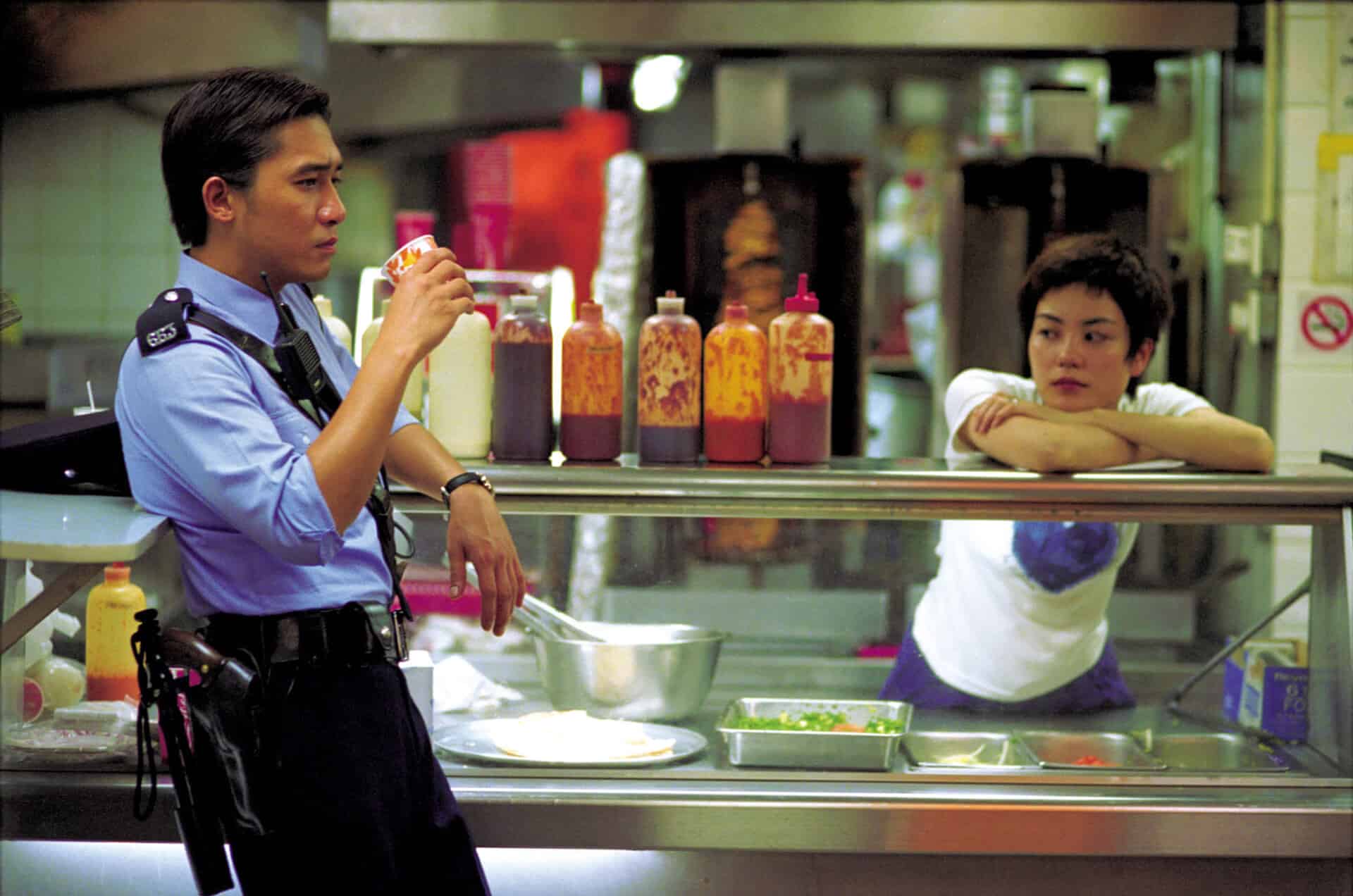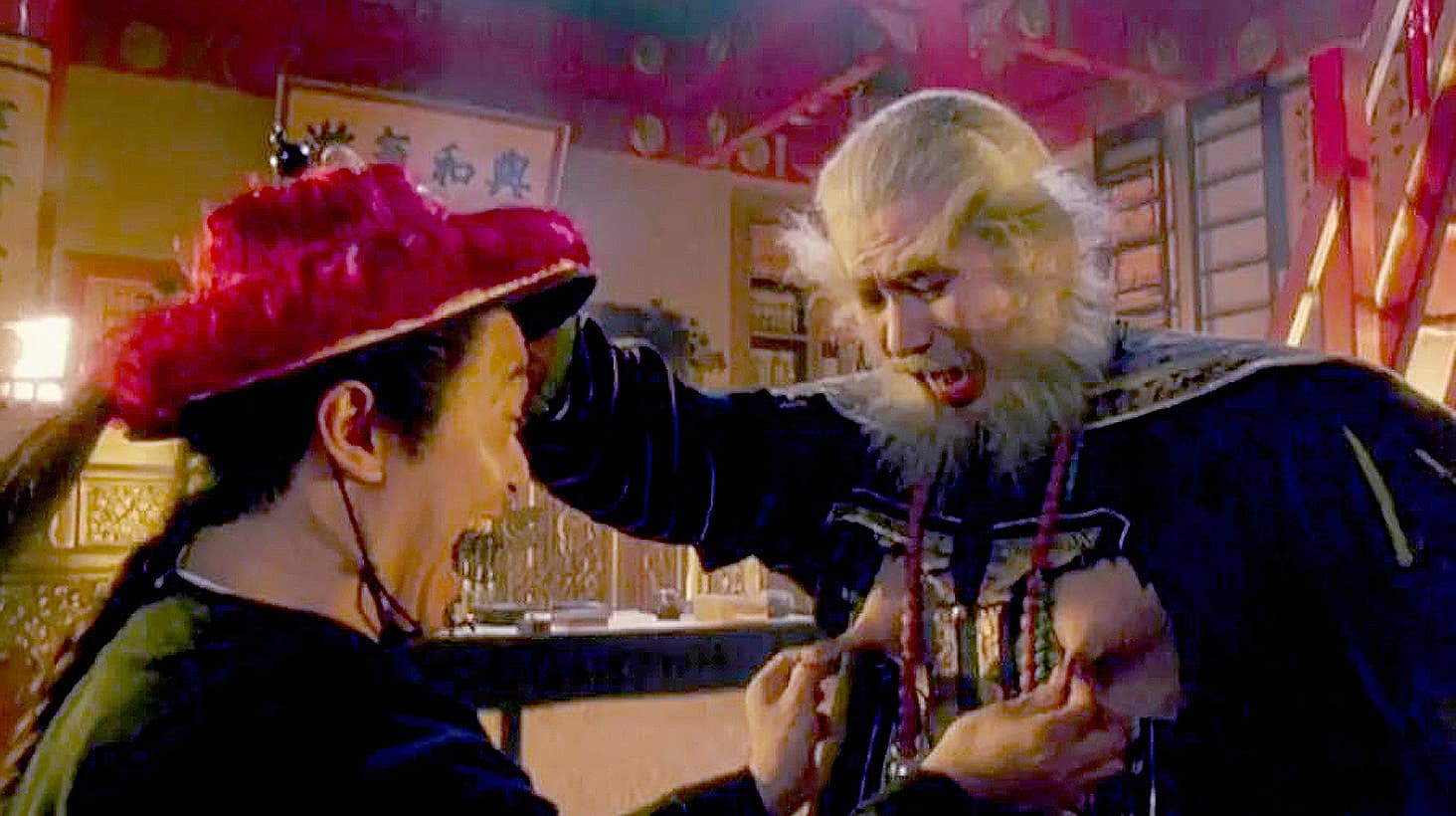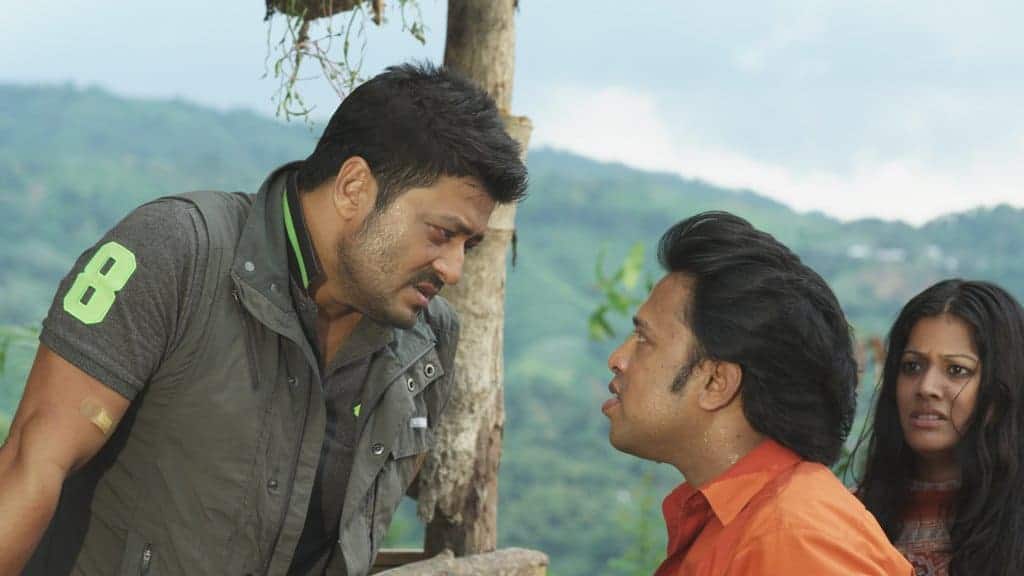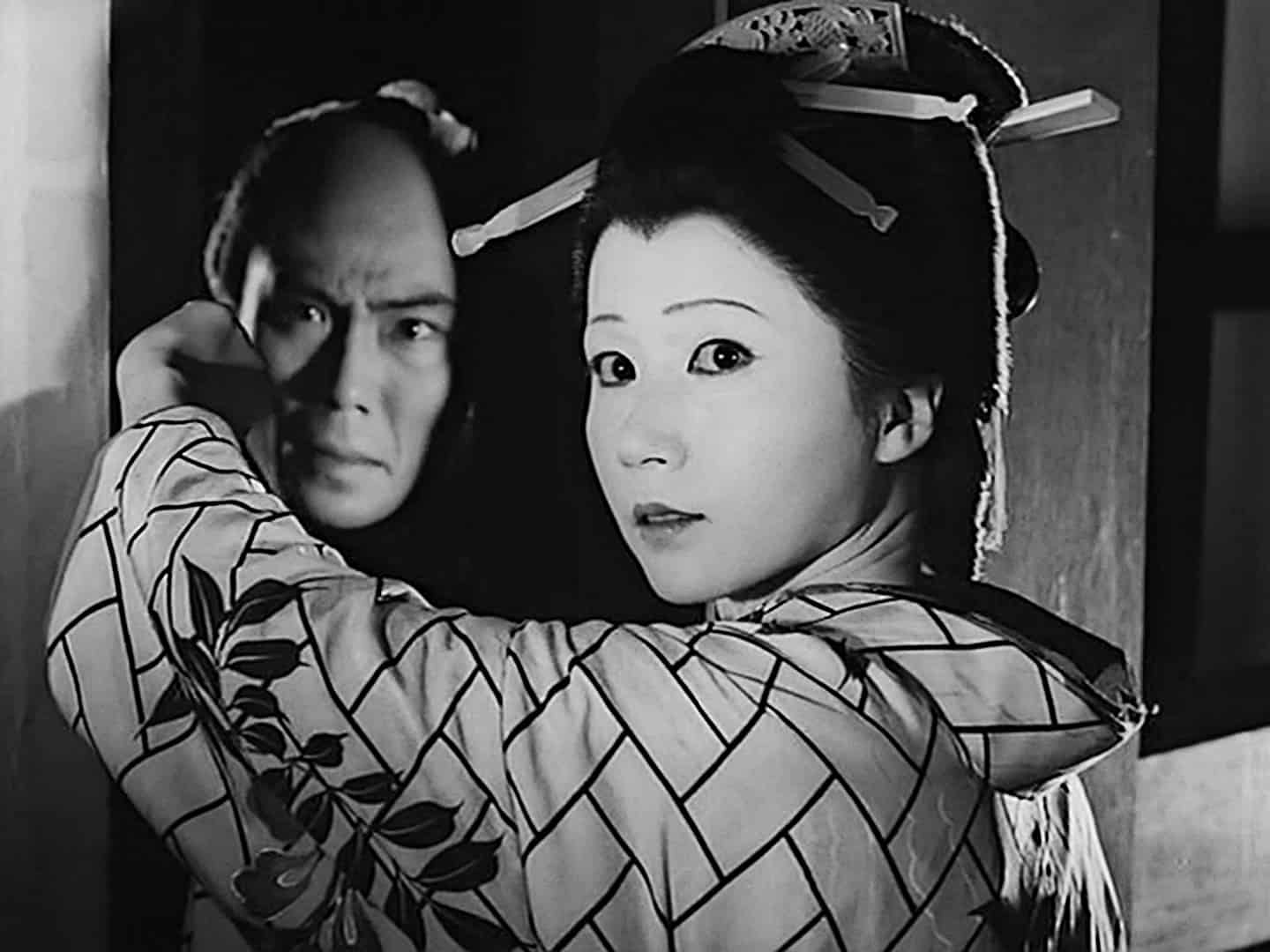Funded by the writer/director Steven J. Martin, “Requiem for Poets and Dogs” was developed among a group of actors and was shot over 7 days on rooftops above Tokyo, during the Covid-19 restrictions, in a style that reminds intently of a stage play.
“Requiem for Poets and Dogs” review is part of the Submit Your Film Initiative

The focus seems to be on the homeless of Tokyo, who, as the initial narrator mentions, are more than 5000 and exist all over the city, under bridges, close to stations etc, while the rest of the locals choose to ignore them. That is until the Summer Olympics, wheν the authorities chose to evict them from any place that was near the stadium, occasionally violently. The plethora of protagonists are among the first group and include a prostitute-poet, The Blind Man, a number of Angels, The Boy, the Musician, while a Teacher and an Officer seem to be their rivals. The group of them are hanging around in rooftops, discussing about everything, from sex and peeping, to art, the situation of the homeless, society, the blights of being a salaryman and many other topics.
All the while, they also have fun, laugh, fight, curse each other and in general are living a pretty feisty life, despite the lack of a roof over their heads. The film is actually split into chapters, while a series of scenes shot in exterior locations provide a more cinematic touch to the stage play aesthetics.

Steven J. Martin directs a movie that seems to aim to give voice to as many actors as possible, as the plethora of members of the cast highlights, through an approach that is quite chaotic but also entertaining and socially relevant on occasion. The concept of how the authorities, as indicated by teachers and the police in this case, try to judge, control and pin down every aspect of society but particularly those who deem weaker (on a lower level if you prefer) emerges as a central one throughout the film. At the same time, the director's opinion about the subject is highlighted eloquently during the finale, which is the most memorable and unexpected scene in the movie.
Apart from that, the movie also thrives on its visuals, despite the evident low budget, with the neon lights, the set design on the rooftops and the clothes of the actors being quite fun to watch, in their motley extravagance.
At the same time though, the stage play premises of the movie result in a number of issues. For starters, the dialogue-heavy approach becomes somewhat tiring after a fashion, even if at 77 minutes, the movie does not overextend its welcome. The same applies to the acting, with the extravagance many performers exhibit on their movements and delivery of lines being over the top, in a style that is definitely better suited for the stage. Lastly, the number of them makes it really difficult to empathize with any one in the end, maybe with the exception of The Poet, with Naoki Kondo giving the most memorable performance here.
As mentioned before, the film is not without merits, and it definitely deserves a watch if only for the finale, but in the end, the whether someone will enjoy it or not depends on how much they like theater, or at least their movies with intense theatrical elements.


